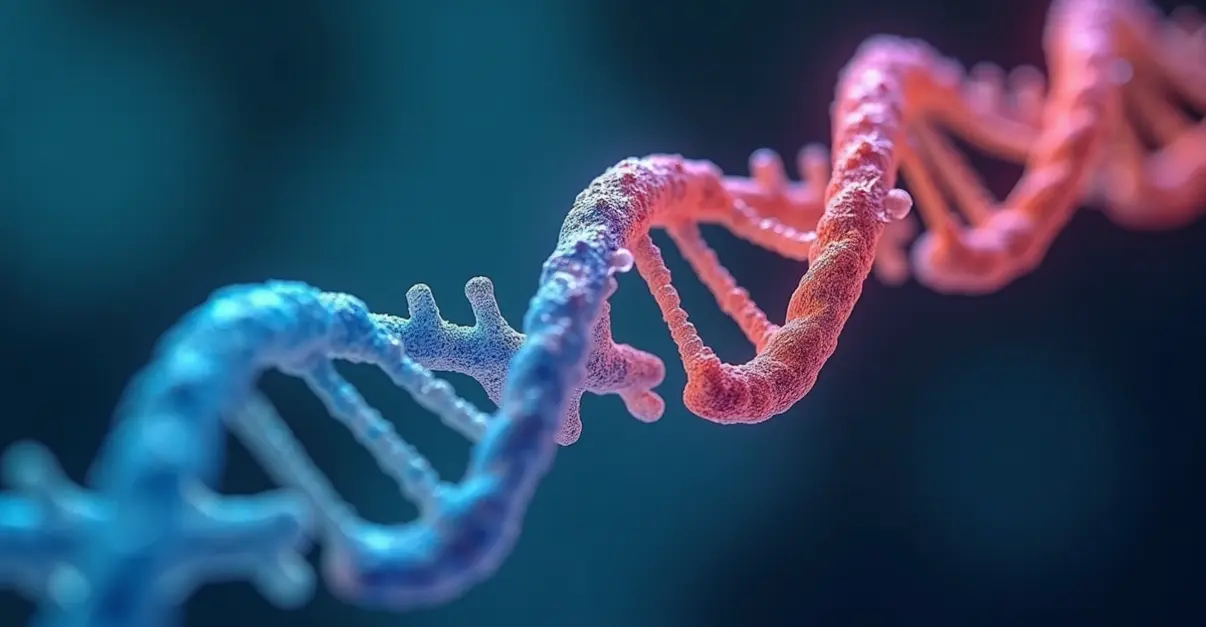International Conference Grapples with Genetic Enhancement Ethics
Policy makers, scientists, and ethicists from around the world gathered this week for the International Conference on Genetic Enhancement Ethics, where heated debates centered on establishing boundaries for human genetic modification. The conference, held in Geneva, Switzerland, brought together over 300 experts to address one of the most pressing bioethical questions of our time: How far should we go in modifying human genetics?
The Great Divide: Therapy vs Enhancement
The central tension at the conference revolved around distinguishing between therapeutic genetic interventions and enhancement modifications. Dr. Elena Rodriguez, a bioethicist from Oxford University, explained: 'The line between curing disease and enhancing human capabilities is becoming increasingly blurred. While we all agree on treating genetic disorders, the conversation gets complicated when we discuss enhancing intelligence, physical performance, or lifespan.'
Recent advancements in CRISPR-Cas9 technology have made genetic editing more accessible than ever before. The controversial 2018 experiment by He Jiankui, who edited the genomes of twin girls to reduce HIV risk, served as a cautionary tale throughout the discussions. 'That case demonstrated the urgent need for international guidelines,' noted Dr. Kenji Tanaka from Kyoto University.
Policy Makers Face Complex Questions
Government representatives from 45 countries participated in working groups to draft potential regulatory frameworks. The discussions revealed significant international divides. While some nations advocate for strict limitations on germline modifications (changes that can be inherited), others support more permissive approaches for therapeutic purposes.
Maria Santos, a policy advisor from Brazil, stated: 'We're dealing with fundamental questions about human identity and equality. If genetic enhancements become available only to the wealthy, we risk creating a biological divide in society.' This concern about social justice and equity emerged as a recurring theme throughout the conference.
Safety Concerns and Unknown Consequences
Scientists presented research highlighting the technical challenges and risks associated with genetic enhancement. Off-target effects and mosaicism remain significant safety concerns that could lead to unintended genetic changes. Dr. Sarah Chen from Stanford Medical School warned: 'We're still in the early stages of understanding the long-term consequences of genetic modifications. Rushing into human enhancement without proper safeguards could have catastrophic results for future generations.'
The conference also addressed the challenge of obtaining informed consent for modifications that could affect unborn children and future descendants. 'How do we obtain consent from people who don't exist yet?' questioned Professor James Wilson from University College London during a panel discussion.
International Cooperation and Future Directions
Despite the disagreements, there was consensus on the need for continued international dialogue and cooperation. Several working groups proposed establishing a global oversight body to monitor genetic research and applications. The conference concluded with a commitment to develop a framework for responsible innovation in genetic technologies.
Dr. Ahmed Hassan from Egypt's National Research Center summarized the collective sentiment: 'We stand at a crossroads in human evolution. The decisions we make today about genetic enhancement will shape humanity for centuries to come. We must proceed with both scientific rigor and ethical wisdom.'
The outcomes of this conference are expected to influence national policies and international treaties on genetic technologies in the coming years, as countries grapple with balancing scientific progress against ethical considerations in the rapidly advancing field of human genetic modification.

 Nederlands
Nederlands
 English
English
 Deutsch
Deutsch
 Français
Français
 Español
Español
 Português
Português










